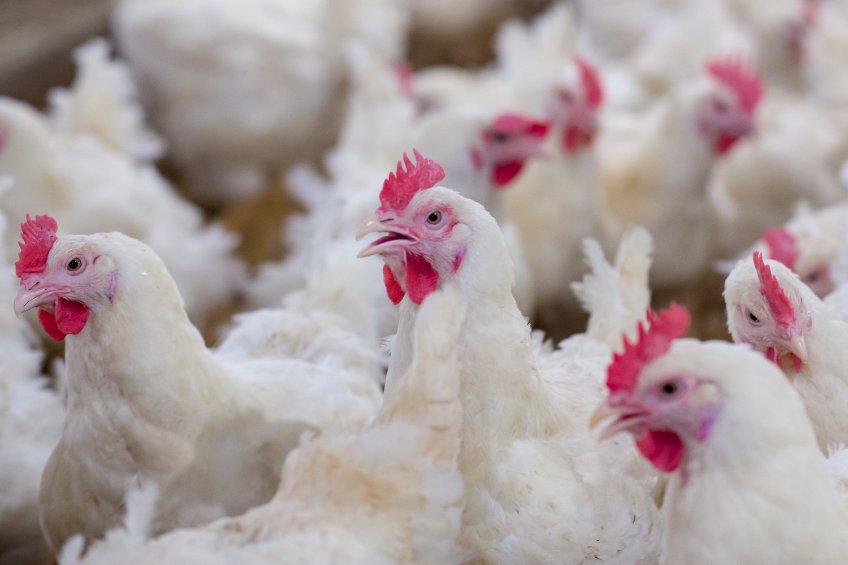
A challenge against the government over the legality of genetically selected fast-growing broilers has been granted a full hearing in the High Court.
Appeal Court judge Lord Justice Singh stated that a full hearing of the facts regarding fast-growing chickens is in the public interest.
The Humane League UK, which launched the legal challenge, argues that the use of conventional meat chicken breeds which 'grow unnaturally large and unnaturally fast' breaches the Welfare of Farmed Animals (England) Regulations 2007.
Charities such as the Humane League UK have been campaigning for food companies to commit to ending the use of fast-growing 'Frankenchickens' by asking them to sign up to the Better Chicken Commitment (BCC).
The BCC urges firms to opt for slower growing poultry breeds. KFC, Nando’s, Greggs, Marks and Spencer and Waitrose are among the 330 companies in the UK and EU to have committed.
Claire Williams, campaigns manager at the Humane League UK, said the latest development was a big milestone for the legal case.
"We have beaten the odds to present the horrific lives of fast-growing chickens to the High Court in full, and will strongly make the case that keeping these birds is wholly unlawful.
"These animals have suffering coded into their DNA, and we hope the justice system will rightly condemn that.”
The law states that animals may only be kept for farming purposes if it can reasonably be expected, on the basis of their genotype or phenotype, that they can be kept without any detrimental effect on their health or welfare.
Defra, the defendant in the case, argues that it had no policy which condoned or permitted the use of such broilers.
The case also challenges the ‘trigger system,’ Defra’s monitoring system aimed at detecting welfare issues associated with conventional breeds of which, campaigners say, the overwhelming majority will be fast-growing chicken breeds.
The trigger system requires vets at abattoirs to report problems, but only if they occur above a given threshold - which the Humane League UK argues is 'far too high'.
Edie Bowles, the solicitor representing the Humane League in this case, said: “After being refused permission twice by the High Court, we have been successful before the Court of Appeal, which has given us the opportunity to present the case at a full hearing.
"The decision to grant a judicial review was the correct one. Not only is it clear that the law prohibits the farming of animals prone to suffering, combine this with a monitoring system which is inadequate to protect animals from extreme suffering and we see a system which is as broken as it is unlawful.
"This broken system is also helping unlawful producers out-compete law-abiding producers by getting cheaper chickens on the market.”
